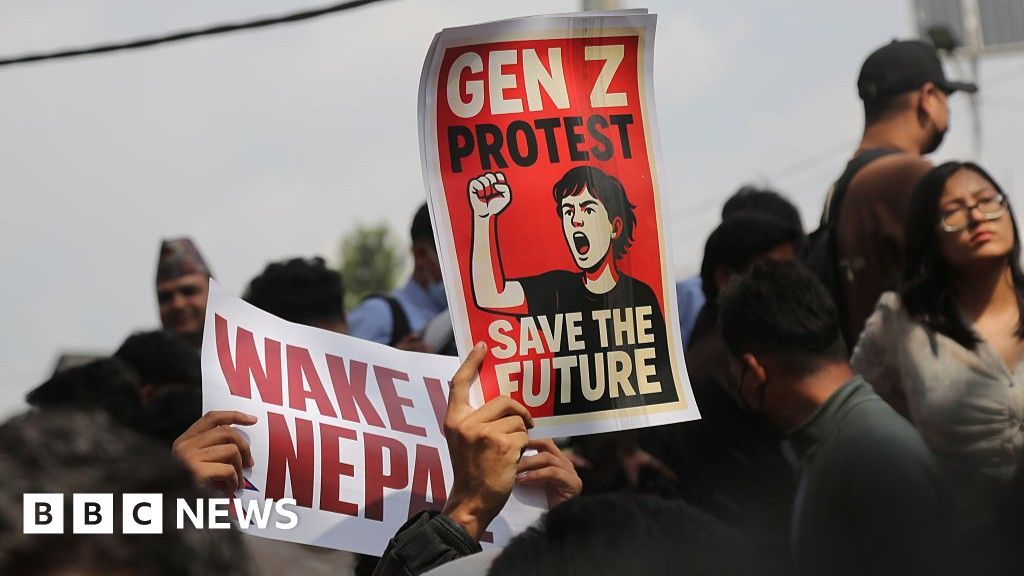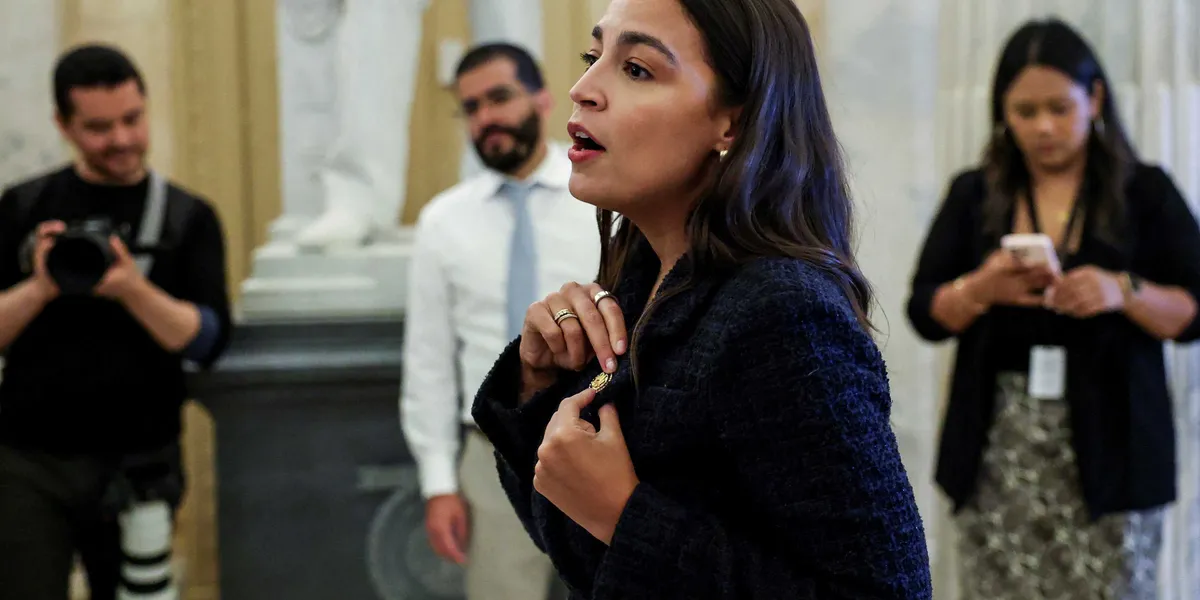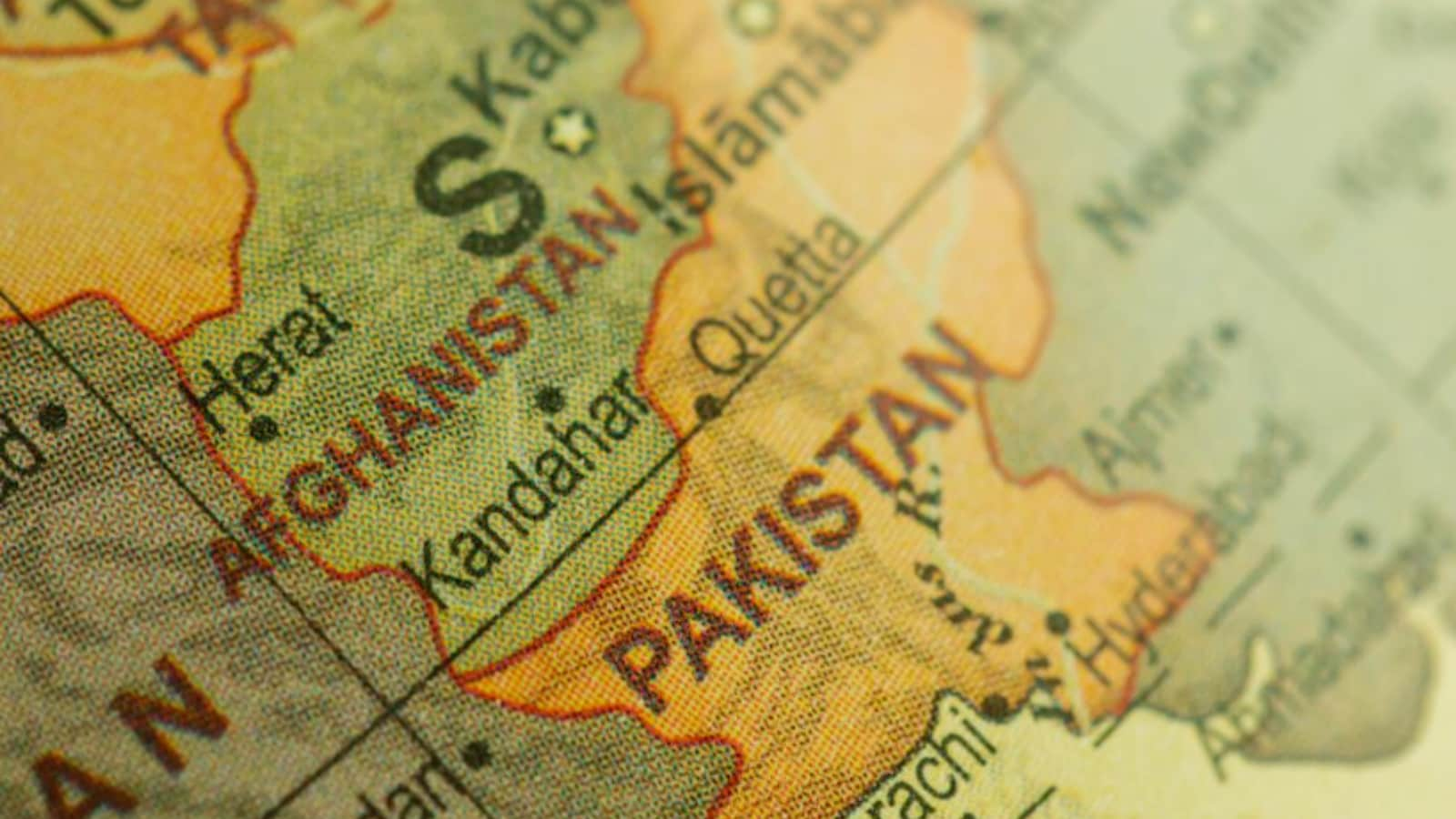Copyright bbc

Layered on top of these divisions is another barrier. The fear of being branded "anti-national," deters even the most aware and connected young people from taking to the streets, says Dhairya Choudhary, a 23-year-old political science graduate. In India, that label is often deployed by some politicians and television anchors to discredit dissent. It doesn't help that some of the country's top universities - once vibrant hubs of political debate - now restrict or ban protests. "These institutions, once centres of anti-government activism, have lost that spirit," says 23-year-old researcher Hajara Najeeb. Recognising that youth energy persists, the government claims to make India's youth a policy priority, seeking to channel their energy through schemes and outreach. Yet economic pressures shape many of their life choices. As Mr Kaushik notes: "India is generally doing a little better than the world when it comes to the economy. That being said, unemployment anxiety continues to grow… young people are taking things into their own hands, with migration abroad increasing year after year." India's young are also not voting with much enthusiasm. Only 38% of the 18-year-olds registered themselves as voters for the 2024 elections. A new survey by a citizen media platform found trust in traditional politics waning: 29% of young Indians avoid it altogether. Mr Kaushik notes that in recent decades, many young Indians have increasingly defined themselves through religious, cultural and linguistic identities. Not surprisingly a post-election survey by CSDS-Lokniti found the ruling Hindu nationalist Bharatiya Janata Party (BJP) retaining strong youth backing, with 40% support in 2019 and only a marginal decline in 2024. To be sure, the roots of India's Gen Z's political awareness run deeper, shaped by a decade of street movements they witnessed as teenagers. The older among them watched, as teenagers, the massive street movements of the 2010s - from Anna Hazare's anti-corruption protests to the mass demonstrations over the 2012 Delhi gang-rape.



